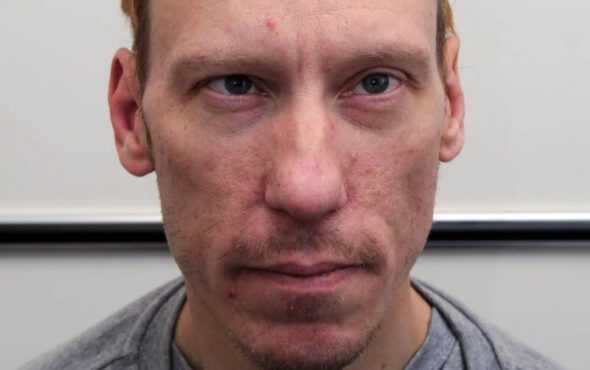
The Metropolitan Police will be reinvestigated by the police watchdog over the handling of serial killer Stephen Port.
From June 2014 to September 2015, Port murdered at least four men – Anthony Walgate, 23, Gabriel Kovari, 22, Daniel Whitworth, 21, and Jack Taylor, 25 – before being arrested on 15 October 2015.
The following year, he received a life sentence with a whole life order, meaning he will die behind bars.
Port met his victims online (including gay dating app Grindr) before leading them to his home in Barking, London where they were given lethal doses of a date rape drug and raped.
In 2021, BBC One released Four Loves, a three-episode drama that follows the true story of Port’s murders and the families of the victims’ battle for justice as police failed to find the killer.
On 23 June, the Independent Office for Police Conduct (IOPC) confirmed it will re-examine how Scotland Yard investigated the murders after none of the 17 of the officers involved with the case faced disciplinary action.
Inquests took place last year to determine whether or not the failings of the police contributed to the deaths of Port’s victims.
An inquest jury concluded that failings by the police during the investigation of Walgate’s killing “probably” contributed to the deaths of Port’s next two victims, Kovari and Whitworth.
Police failed to link the fatalities despite the striking similarities between them, such as the bodies of three victims being discovered at the same graveyard in Barking.
Neil Hudgell, a solicitor representing the families, said it was the “only logical decision open to the IOPC following the weight of evidence” heard at the inquests.
“The original IOPC report was hindered by a wall of silence, given that all but one of the 17 officers questioned gave ‘no comment’ interviews,” he said in a statement.
“There remains a big question mark over whether police prejudice played a part in the investigations…
“The inadequate investigations by the Metropolitan police into the four deaths is one of the most widespread institutional failures in modern history, exacerbated by a woeful lack of remorse, regret or sympathy displayed at the inquests by some of the officers involved.
“The inquests identified fundamental failings and basic errors in the investigation into Anthony’s death which meant that Port was free to go on to kill Gabriel, Daniel and Jack.
“We expect the IOPC to investigate with renewed vigour. The families are ready to assist in any way they can, we hope the same can be said of the police.”
Regional Director Graham Beesley added: “Following analysis of the new information provided at the inquest, we have concluded that the original investigation needed to be wider in scope and, therefore, certain lines of inquiries were not followed.
“Had this information been known at the time it may have led to different decisions on outcomes.”



